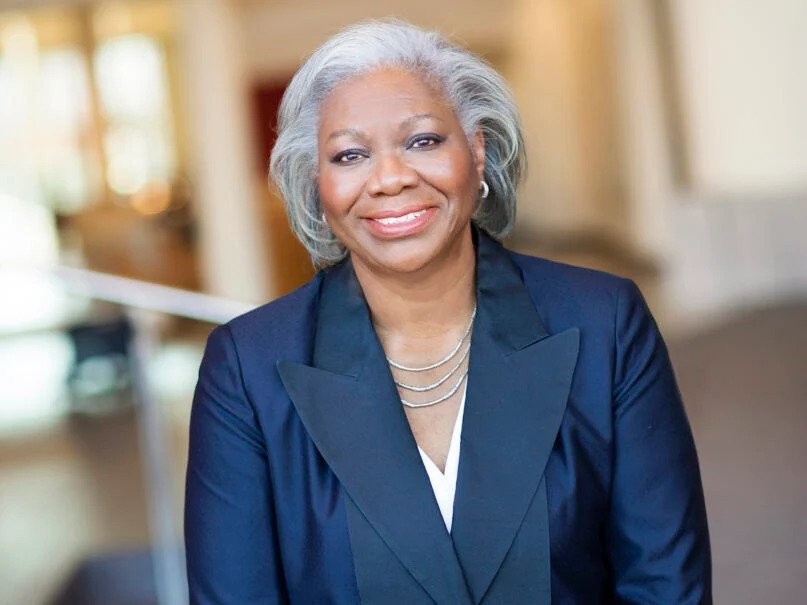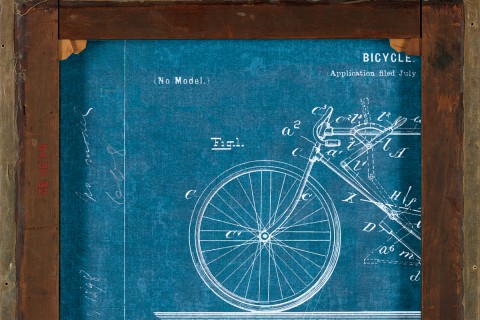Hamline University president to retire following Islamic art controversy

The president of Hamline University, who was widely criticized for her response to an art history professor who showed students a painting of the Prophet Muhammad, announced Monday she would retire June 30, 2024.
The announcement comes more than two months after faculty of the St. Paul, Minnesota, university called on President Fayneese Miller to resign immediately, saying they no longer had faith in her ability to lead the university.
Last year, the university did not renew the contract of Erika López Prater, an adjunct professor who showed a treasured 14th-century painting of the Prophet Muhammad in her online art history class. The school went so far as labeling López Prater “Islamophobic,” though it later retracted that description.
Miller defended the decision not to renew the professor’s contract, saying, “respect, decency, and appreciation of religious and other differences should supersede academic freedom.”
That sparked an outcry from academics who said the president was bowing to the will of students while trampling on academic freedom and the obligation of faculty to teach students about challenging issues without fear. Miller later walked back the statement, saying academic freedom and respect for students were both important.
But an international firestorm of criticism erupted nonetheless. López Prater, in turn, sued, alleging religious discrimination and defamation.
Acknowledging that her retirement was a bittersweet moment, Miller defended her actions Monday and blamed the media for creating a “false narrative.”
“Hamline University believes in academic freedom,” she said. “Never has Hamline University violated anyone’s academic freedom. We also, however, believe that when we are in this space, those who come to us to learn, to be educated, to be able to take advantage of the opportunities that Hamline University provides, need to be respected.”
Faculty who had called for Miller’s ouster said they took the resignation as a sign that the university might move on.
“There is quite a bit of uncertainty regarding what the coming year will bring, but we are hopeful about the long-term future,” said Mark Berkson, a Hamline professor who chairs the department of religion and teaches a class on Islam.
During a class in the spring of 2022, adjunct professor Erika López Prater showed students a medieval painting depicting the prophet receiving a revelation from the Angel Gabriel. The professor told students, both in class and on her syllabus, that she would show the image and allowed students who believe images of the prophet are forbidden, not to participate.
Student Aram Wedatalla nevertheless complained to administrators that the showing of the painting was offensive and hurtful and that the instructor’s “trigger warning” was proof she shouldn’t have shown the images.
Todd Green, a scholar who serves as executive director of America Indivisible, a nonprofit organization addressing anti-Muslim and other forms of bigotry, said the university now has an enormous challenge of trying to regain its footing and its reputation.
Miller, the school’s first Black president, had led the university since 2015. Previously, she was the founding chairman of ethnic studies at Brown University, where she served on the faculty for 20 years. She served for nearly 10 years as dean of the College of Education and Social Services at the University of Vermont.
Hamline Board of Trustees Chair Ellen Watters thanked her for her service, saying Miller focused on the needs and well-being of Hamline students. —Religion News Service





